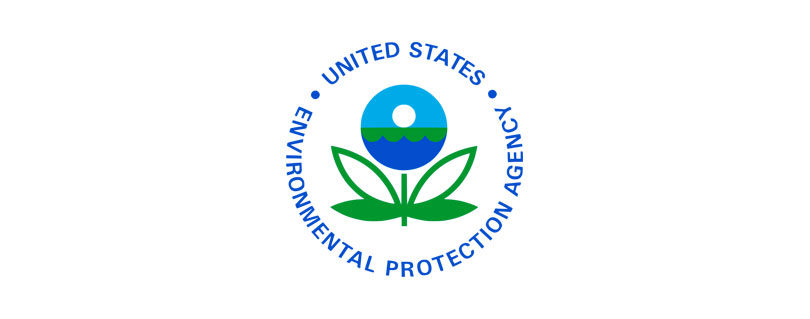EPA Settles with Shipping Company over Claims of Clean Water Act Violations
Publilshed by the U.S. Environmental Protection Agency (EPA)
SAN FRANCISCO – The U.S. Environmental Protection Agency (EPA) has settled with Crowley Global Ship Management over claims of violations of EPA’s Vessel General Permit, issued under the Clean Water Act. Under the terms of the settlements, Crowley will pay $248,500 in penalties for claims of violations by two of the company’s ships, the Ocean Grand and the Ocean Glory, involving untreated ballast water discharge, vessel inspections, and discharge monitoring.
“It’s a fundamental responsibility of ship owners and operators to properly manage what they discharge into our oceans,” said EPA Pacific Southwest Regional Administrator Martha Guzman. “The Vessel General Permit is a key element of our nation’s Clean Water Act, and the failure of shipping companies to comply with permit requirements can significantly harm our nation’s already-challenged waters.”
Crowley Global Ship Management is a privately-owned company headquartered in Jacksonville, Florida that owns and operates over 200 vessels, including the Ocean Grand and the Ocean Glory. Both vessels are general cargo ships that have been in operation since 2015. As non-recreational and non-military vessels over 79 feet that operate in waters of the United States, these vessels are subject to the Vessel General Permit.
Between January 2019 and August 2020, the Ocean Grand discharged untreated ballast water eight times in water subject to the VGP. The ship also failed to conduct comprehensive annual vessel inspections at least once every 12 months in 2020 and 2021. Under the settlement being announced today, Crowley has agreed to pay $111,250 in civil penalties.
From May 2018 to September 2020, the Ocean Glory discharged untreated ballast water seven times. The ship also failed to report biological indicator compliance monitoring after a treated ballast water discharge in December 2021. In addition, the Ocean Glory failed to conduct comprehensive annual vessel inspections at least once every 12 months in 2018, 2019, and 2021. For these violations, Crowley has agreed to pay a civil penalty of $137,250.
Because the Clean Water Act relies on self-reporting of permittees, violations such as these related to failures or delays in inspection, monitoring, and reporting are serious and undermine the permit program. Vessel self-inspections are required as a means of identifying, for example, potential sources of spills, broken pollution prevention equipment, or other issues that might lead to permit violations. Self-inspections empower the owner or operator to diagnose and fix problems in a timely manner to remain compliant with the permit and with U.S. law.
In addition, it is important that ballast water discharges by ships be monitored to ensure that aquatic ecosystems are protected from discharges that contain pollutants. Invasive species are a persistent problem in U.S. coastal and inland waters. Improper management of ballast water can introduce invasive species or damage local species by disrupting habitats and increasing competitive pressure. Discharges of other waste streams regulated by the Vessel General Permit (e.g., graywater, exhaust gas scrubber water, lubricants, etc.) can cause toxic impacts to local species or contain pathogenic organisms.
EPA’s settlements with Crowley Global Ship Management resolve claims of Clean Water Act violations and are subject to a 30-day public comment period prior to final approval. For more information and to submit comments, click here for the Ocean Grand and here for the Ocean Glory.
Learn more about EPA’s Vessel General Permit, Enforcement Alert, and Vessels, Marinas and Ports.
For more information on reporting possible violations of environmental laws and regulations, visit EPA’s enforcement reporting website.
Learn more about EPA’s Pacific Southwest Region. Connect with us on Facebook and on X.
Read the full article at: https://www.epa.gov/newsreleases/epa-settles-shipping-company-over-claims-clean-water-act-violations


